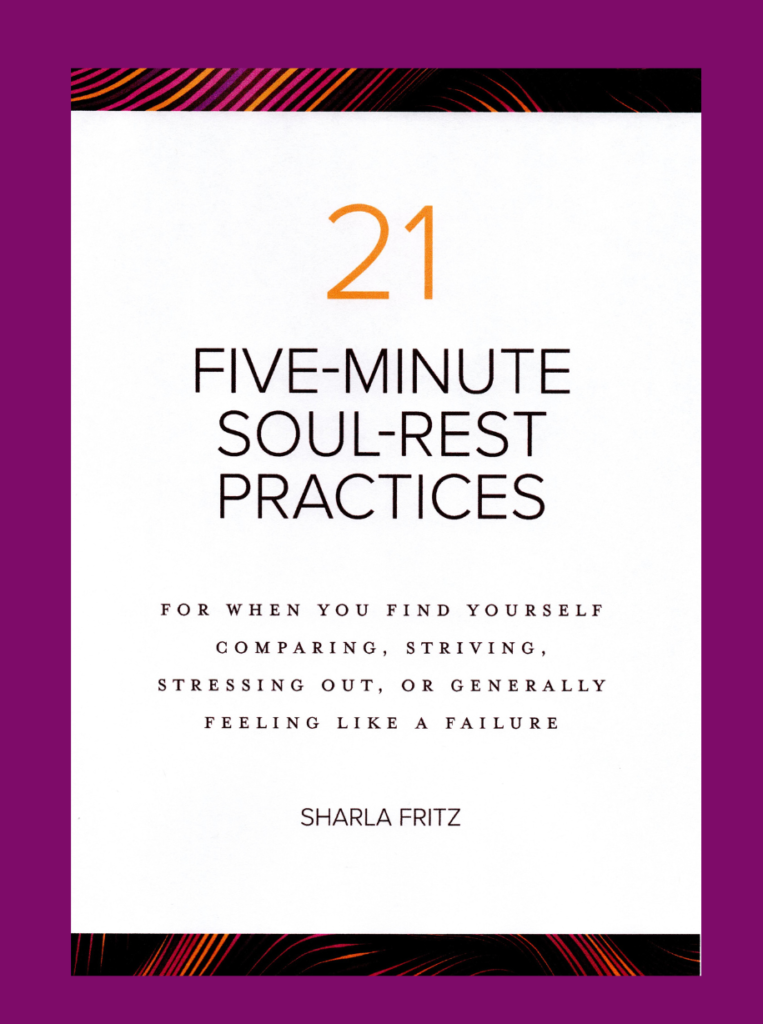
We’ve all been there. We’ve all endured a conversation with someone who only wants to boast.
Her conversation centers on the topic of herself.
She drops names to try to impress.
When you attempt to tell something about yourself, she counters with something better about her life.
She doesn’t bother asking you questions about your family or job.
Even when your eyes glaze over, she doesn’t seem to notice and keeps on talking.
We don’t want to be that person, so is there a proper way to boast? A way to talk about yourself without looking like a braggart? A way to acknowledge compliments without seeming stuck on yourself?
A Checklist
To avoid coming off as a braggart, examine your conversations. Do they sometimes have elements of the discussions you hate? Ask yourself these questions:
- Do I genuinely care about what the other person has to say?
- Do I celebrate the other person’s achievements?
- Do I ask the other person to tell me about herself?
- Do I avoid practicing one-upmanship? In other words, when someone tells me something about herself, do I avoid immediately sharing an accomplishment that’s slightly better than hers?
Take a genuine interest in other people. Finding out what makes each person unique will not only help you avoid looking like a braggart but will help you form new friendships with intriguing people.

Accepting Compliments
But what do you do when someone gives you a compliment? How can you accept the positive affirmation without seeming stuck on yourself?
In order to not appear to be boasting, I may put myself down when someone praises me. However, if I respond to a compliment by saying something like, “Aw, it was nothing.” or Well, I actually made a lot of mistakes.”? the usual response is something like, “No really–you did a great job.” And the other person may wonder if I put myself down just to get another word of praise. This tactic can make me look like I’m fishing for accolades.
Also, a compliment is a gift, and contradicting the comment of approval is a rejection of that gift and an insult to the person offering it.
So how can you graciously accept praise without boasting? Try these tips:
- Look the person in the eye and say a simple, “Thank you,” with a smile.
- Respond by telling the person how the compliment made you feel like, “Wow, your words really made my day.”
- If appropriate, respond by complimenting the other person. For instance, if a co-worker compliments your work on a joint project, you could also praise that person’s efforts.
Accept each word of praise humbly without making a big deal about it.
The Proper Way to Brag
We know we’re not supposed to toot our own horns. But sometimes we do need to tell others about ourselves to promote our business or to get a job. How can we promote ourselves without obnoxious bragging?
Here are a few suggestions:
- Don’t give a laundry list of accomplishments.
- Don’t compare yourself to others when you are telling about yourself. (For more information see this article about non-comparative boasting)
- State the facts succinctly.
- Talk about your accomplishments in a conversational manner. Don’t be overbearing.
- Don’t exaggerate.
- Watch your body language. Don’t look stern or aloof–instead, look positive and enthusiastic. (For more information see this article about talking about your accomplishments without bragging.
We can learn how to promote ourselves and our businesses when necessary without becoming braggarts.
The Best Way to Boast
We’ve learned how to avoid bragging and how to talk about your accomplishments in a positive way when appropriate. But Scripture talks about the best way to boast.
The apostle Paul wrote:
“But he said to me, ‘My grace is sufficient for you, for my power is made perfect in weakness.’ Therefore I will boast all the more gladly about my weaknesses, so that Christ’s power may rest on me.” 2 Corinthians 12:9
After reading this you might think: Paul, this is boasting? Talking about your weakness? Sharing about your faults? Bragging about your frailty?Paul could have bragged about his travels, boasted about the great crowds he spoke to, and impressed everyone with the number of converts he led to the Lord. But he decided instead to talk about his weaknesses. His reasoning? “That the power of Christ may rest on me.”
Paul had plenty of things to brag about, but instead he flaunted his weaknesses so that Christ could get the glory. He talked about what Jesus did instead of what he did so that others would applaud God instead of Paul.
King David had similar words:
I will bless the Lord at all times;
his praise shall continually be in my mouth.
My soul makes its boast in the Lord;
let the humble hear and be glad.
Oh, magnify the Lord with me,
and let us exalt his name together! Psalm 34:1-3
David goes on to describe how he boasted in the Lord. He told others of how God answered his prayers. David described how God helped him conquer all his fears. He recited instances of God aiding the poor and saving those in danger. He talked about how God hears our prayers and stays close to the brokenhearted.
This is the best way to boast. Brag about what God has done for you. Think back to the times when He has answered your prayers, conquered your fears, helped you in tough financial times, and got you out of dangerous situations.
When we brag on God, we take the attention off ourselves and put it on the One who deserves it most.
Next step: Make a list of what God has done for you. When you’re tempted to boast about yourself, brag about God instead!



Follow Me!